Enhancing sport and physical activity participation for Canadians with disabilities
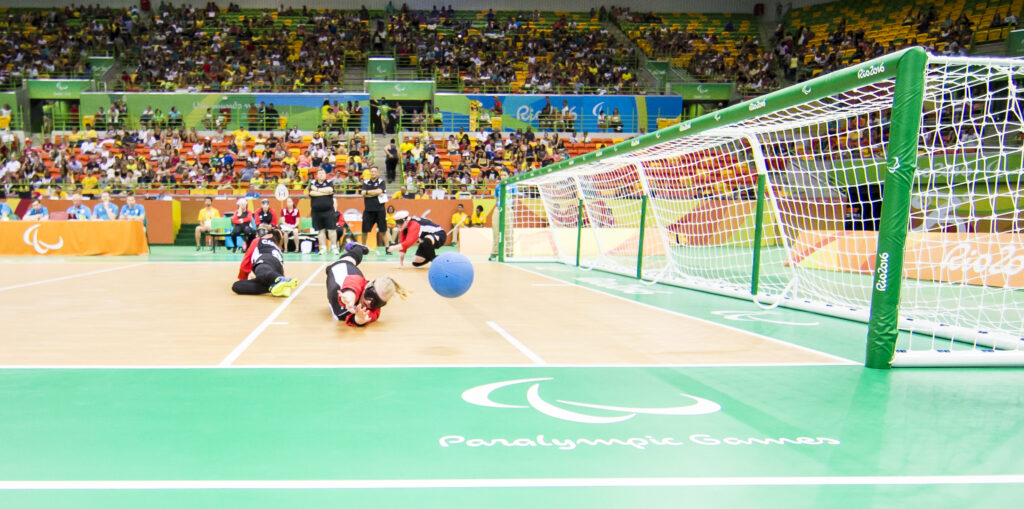
Highlights When Jenny Davey first started working at the Canadian Paralympic Committee (CPC) in 2014, she had no idea how much a fledgling research partnership would shape the work she does in the Paralympic sport system 8 years later. “I never would have thought, ‘well, 8 years from now, I’m going to be able to…
Indigenous ways of knowing and doing connected to physical literacy, diversity and collaboration in sport

Highlights “Teaching was something that I always knew that I could do. From an early age, I was captain of teams and things like that, so I was thrust into leadership roles,” says Greg Henhawk. Henhawk is a Mohawk of the Bear Clan, from Six Nations of Grand River First Nation, in Southern Ontario. He’s…
The Canadian sport and physical activity community identifies topics for researchers to prioritize

Highlights Adoption in practice of research findings is often sub-optimal because of a disconnect between researchers and the individuals or groups overseeing and facilitating sport and physical activity participation. To help bridge the gap between sport and physical activity research activities and the needs of those best positioned to apply those findings, we conducted a…
Signals versus noise: Gender equity in Canadian sport
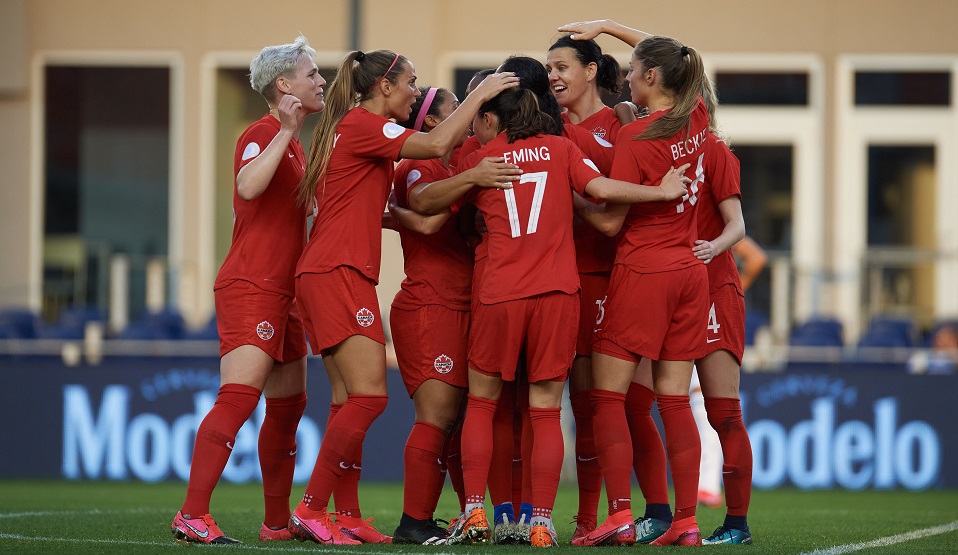
Highlights Signals = the truthNoise = what distracts us from the truth(Silver, 2015) The Government of Canada is committed to achieving gender equality in sport at every level by 2035. But where are we in achieving this goal? And how do we know where we are? The answers to these questions lie in the ability…
Data for change: Embracing demographics to advance equity in sport
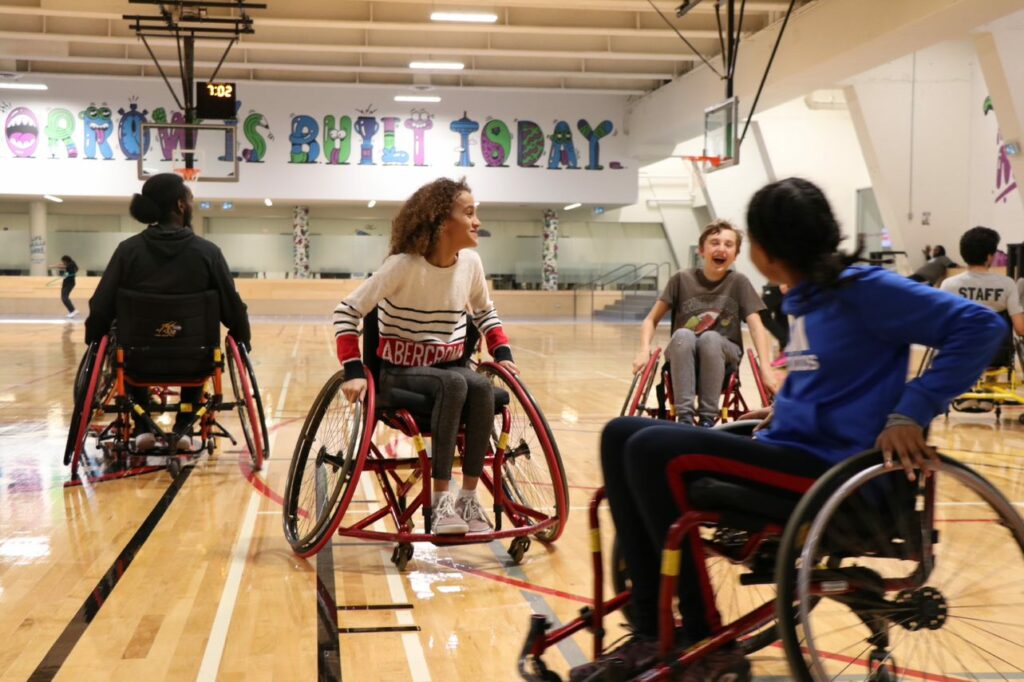
Highlights “You can’t manage what you don’t measure” is a popular saying in leadership circles. However, knowing what to measure to inform change is a craft altogether. To advance equity and inclusion in sport, the “who” of measurement is fundamentally as important as the “what.” Indeed, it’s important to understand the perspectives, realities and lived…
Mentoring Black women coaches: Developing confidence through relationships and learning
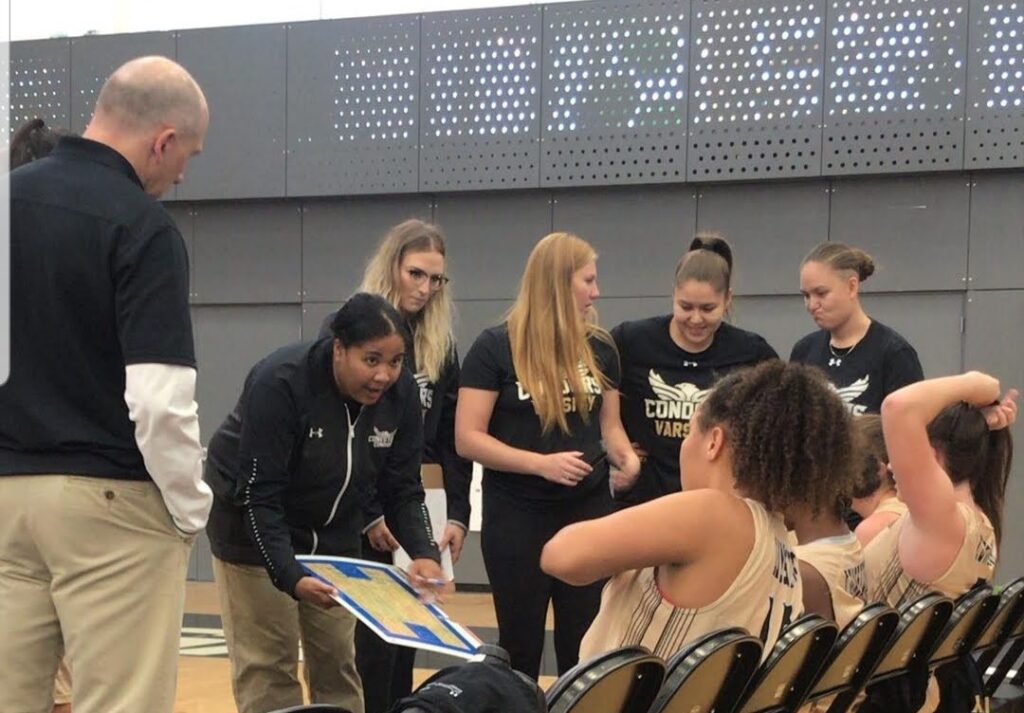
Photo credit: Conestoga College Condors Athletics Highlights Anyone involved in sport knows that confidence is key. Whether coach, athlete or participant, the importance (and fragility) of confidence can’t be overlooked. The vital and tenuous nature of confidence means steps must be taken to safeguard the confidence of racialized women coaches, who are sometimes the “only”…
Shaping inclusive sport policy and programs
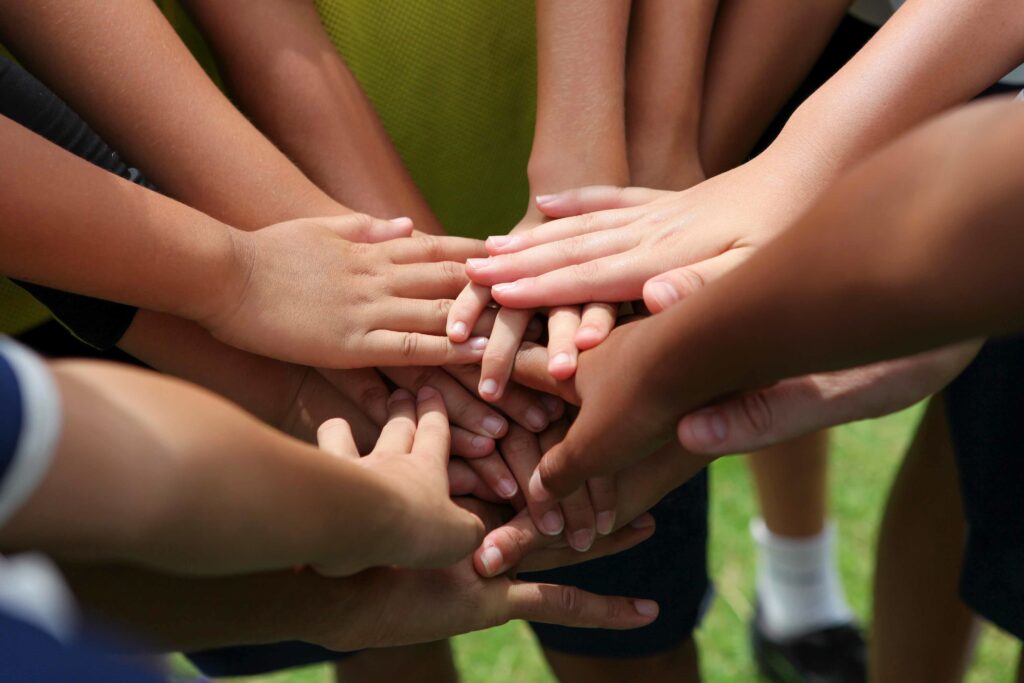
Highlights Over the past few years, the racism and discrimination brought to light throughout society and within the sport sector have forced a necessary reflection on policies and practices. While the concepts of diversity, equity and inclusion were seeded in government policy many decades ago, the context has evolved significantly. Today, these terms have new…
Why youth sport isn’t just for kids: it benefits mom too!
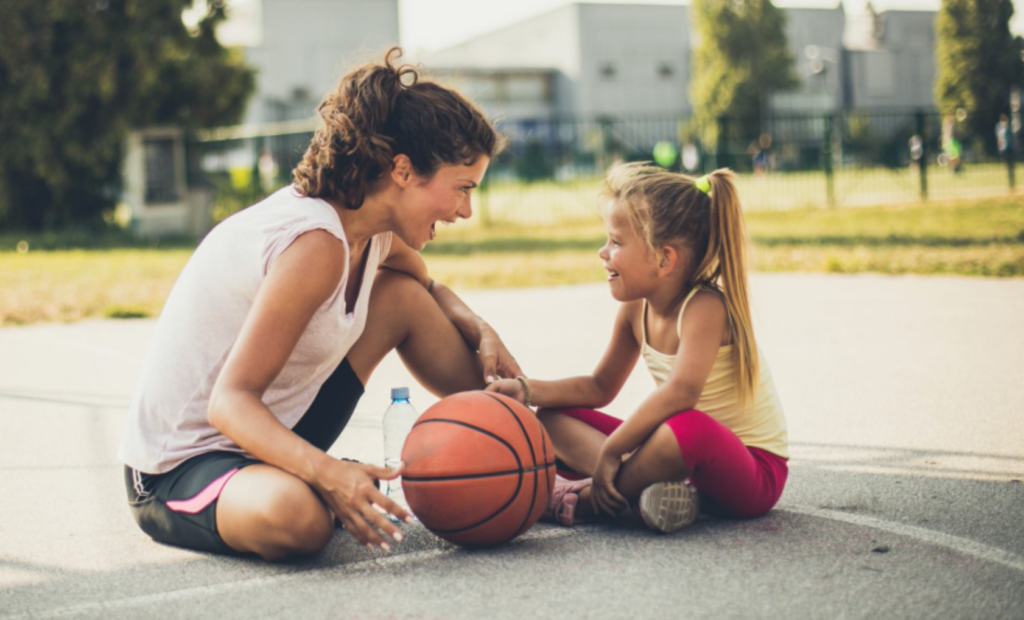
Highlights Sport mom (noun, ???? spohrt mahm) Parents with a child or teen involved in sport know that along with the daily responsibilities of parenting, youth sport demands time, money and a degree of emotional restraint (Hayward et al., 2017). They also know that it comes with opportunities to face new challenges, belong to a…
Blossom where you’re planted: Mental health considerations for Indigenous sport participants
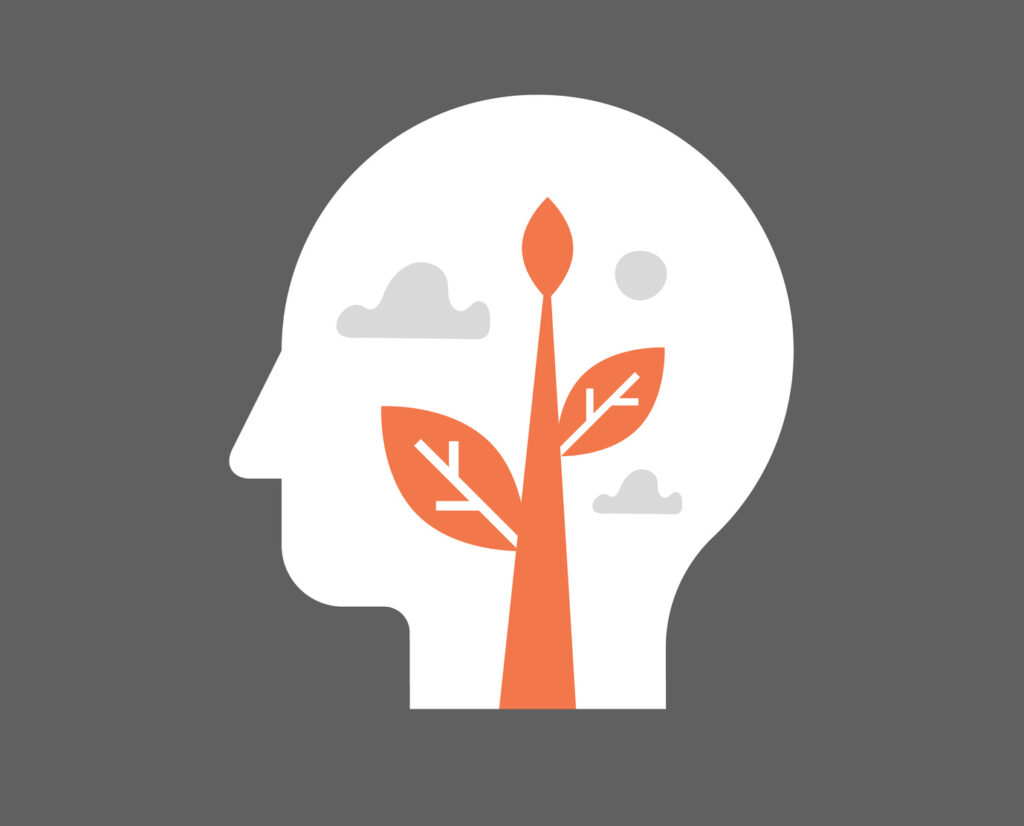
Highlights: The first National Day for Truth and Reconciliation took place on September 30, 2021. This day honours the survivors of the residential school system, their families and their communities. Reflecting on truth and reconciliation in Canadian sport, this article explores mental health considerations for Indigenous sport participants. SIRC sat down with Sharon Anne Firth,…
Opportunities for mental health promotion in Canadian university sport
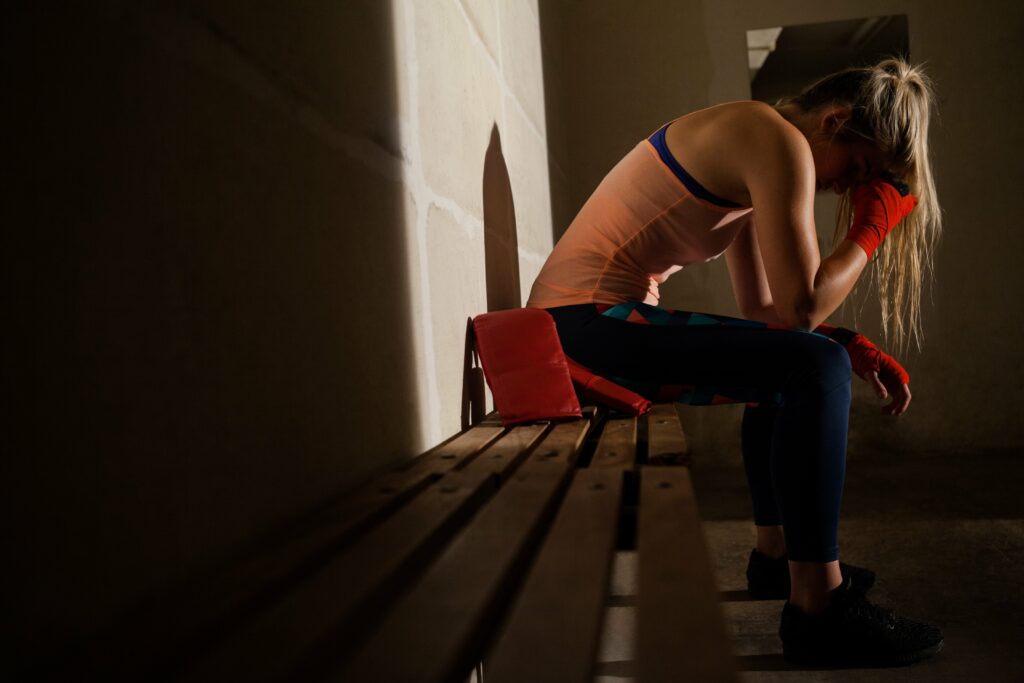
Highlights If you’re reading this article, chances are you’re passionate about Canadian university sport. And why wouldn’t you be? University sport provides students with opportunities to connect and enhance their confidence through building skills. It also gives students something to look forward to that they feel good about doing. All these things can help build…